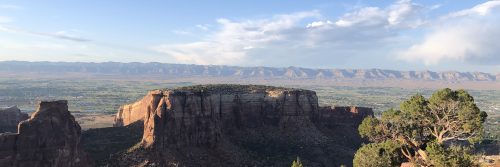Join us as we explore the depths of the sea and the vast universe. We will discover the wonders of God’s world and learn how to honor God by taking care of it. In math, we will work to add, subtract, multiply, and divide numbers as speedily as possible. We will solve word problems, do geometry, patterns, measurements, fractions, multiplication, and division. In language arts, we will be doing all sorts of reading, writing, listening, and working with words. Other important parts of grades 2, 3, & 4 are learning to cooperate with each other, to grow in our creativity, to ask questions, to be more independent, and most importantly, learning to develop a friendship with Jesus.
Textbooks/Curriculum
-
Bible - The Adventist Encounter Curriculum has a Biblical discipleship focus and seeks to transform students’ lives and equip them to walk with God. It uses the Bible as the foundational source of truth (the textbook), while focusing on students’ personal walk with Jesus. It also uses the latest pedagogy practices so that students become “thinkers, and not mere reflectors of other men’s thoughts.” (EGW, Education, p. 17) It focuses on both content and process in students’ learning.
-
Language Arts - A combination of Pathways, Reading A-Z, Unlocking the Reading Code, Typing Agent, and Handwriting without Tears. Students become better readers and writers by reading and writing.
-
Math - Big Ideas Math: Modeling Real Life
-
Science - The ByDesign curriculum, based on national science standards, is presented in the context of the Seventh-day Adventist worldview. Each grade level is organized by four units: Life Science, Human Body, Earth and Space Science, and Physical Science. Health is integrated within each unit and chapter.
-
Social Studies - McGraw-Hill curriculum provides dynamic graphics combined with relevant text to allow students to "experience" social studies rather than just reading and answering questions. Students have the opportunity to interact with the text through a variety of activities.
-
Art, music, and PE classes as well as field trips support further exploration of the topics studied in the classroom. We are working to include more project based learning and community service outreach projects into our curriculum.
-
Formal Assessment - All students are assessed three times a year using DIBELS 8th Edition. Reading levels are also assessed using the Reading A-Z assessment program. Additionally, students in grades K through 10 take the NWEA Maps assessments (math, reading, language arts, and science) at the beginning, middle, and end of each school year.




